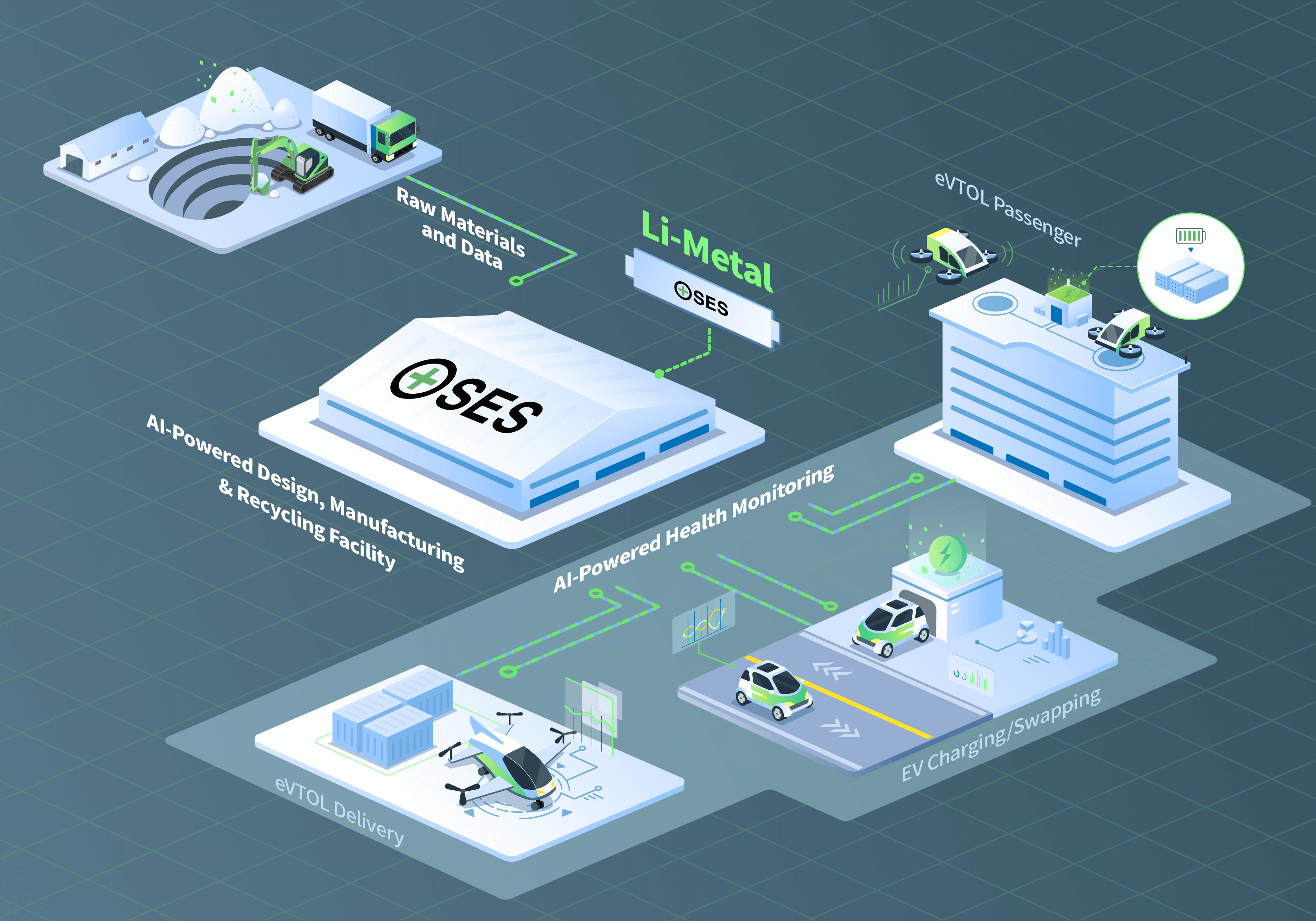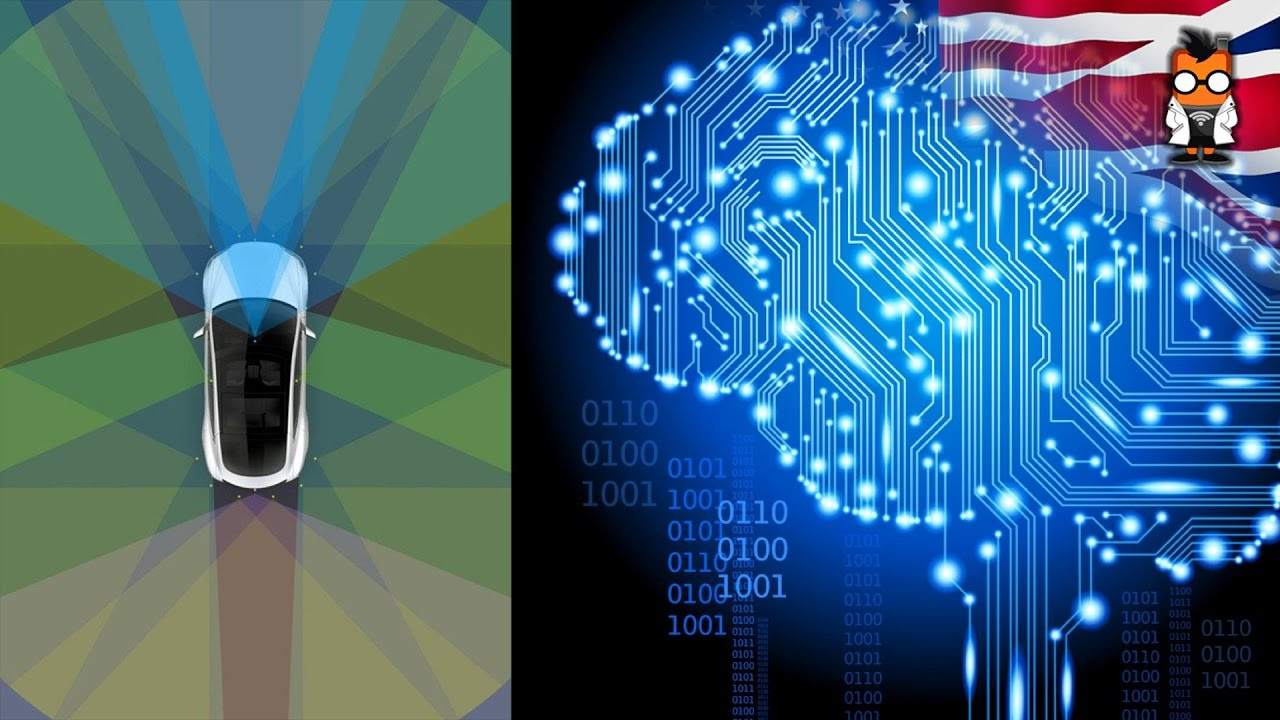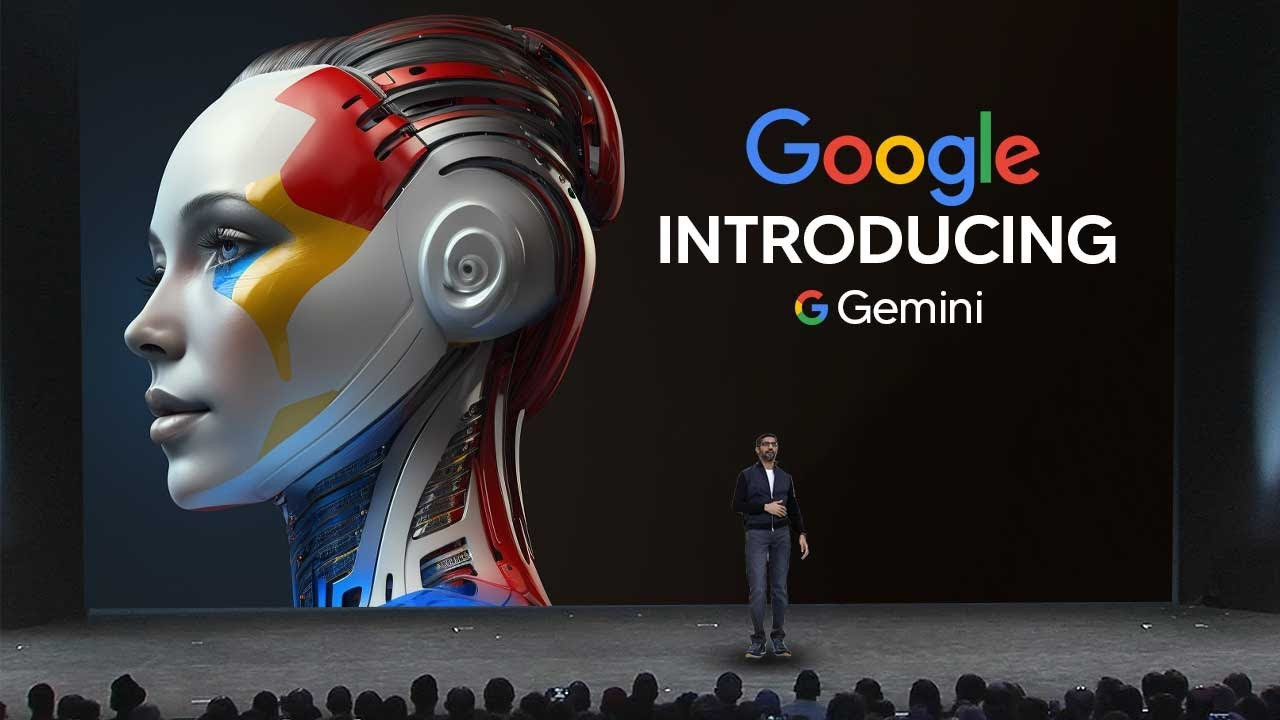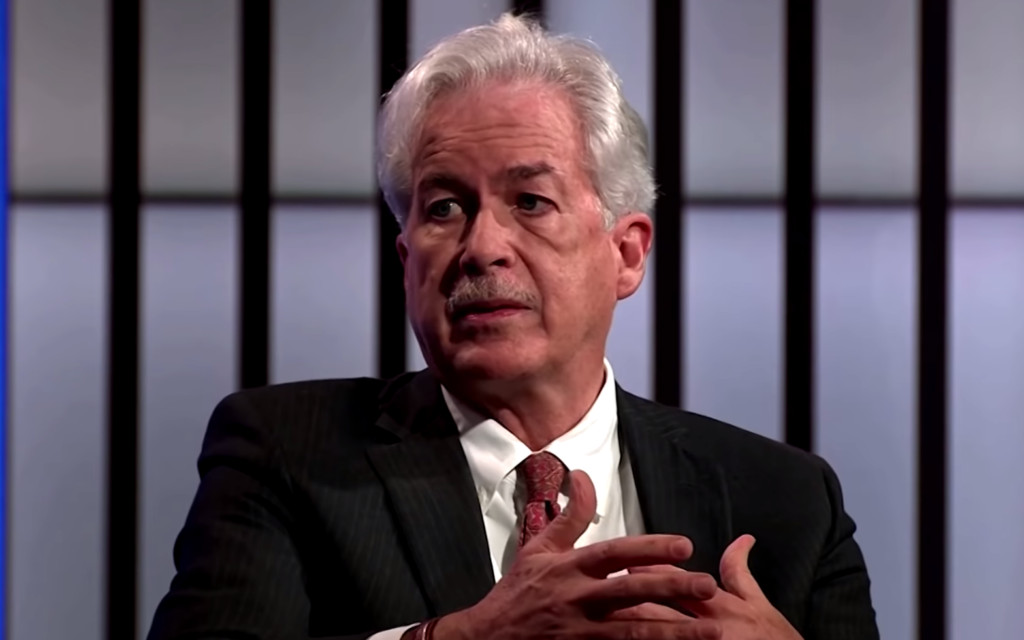SES AI Corporation, a developer of lithium metal batteries, has announced that its cells have successfully passed safety tests in China. The company's 100 Ah cell intended for electric cars has passed the tests in accordance with the Chinese safety standard GB38031-2020, it says.
According to SES AI (formerly SolidEnergy Systems), the standard includes a series of strict tests – such as overcharge, over discharge, heating, temperature cycling, and crushing. “Compliance with GB38031-2020 demonstrates that SES AI’s 100 Ah Li-Metal cells can effectively manage safety risks under these stringent test conditions,” the company states, specifying that there are two types of safety tests that Li metal cells for electric car and electric aircraft applications in China must pass. Firstly, abuse is simulated and secondly, “in-use.”
“For abuse tests, passing GB38031-2020 is a key milestone, it’s also the first time in the industry that a high energy density cell such as Li-Metal passes the rigorous safety tests of GB38031-2020,” says Qichao Hu, founder and CEO of SES AI. Regarding operational safety, the deployed safety AI can predict and prevent almost 100% of all incidents in the field. “The results are highly encouraging, affirming our decade-long commitment to refining Li-Metal chemistry and enhancing the safety of Li-Metal batteries,” he adds.
Founded in 2012, SES AI is headquartered in Boston and has offices in Singapore, Shanghai and Seoul. The company’s battery cell is based on a lithium metal anode with high energy density, a protective anode coating and a “proprietary, highly concentrated solvent-in-salt liquid electrolyte.” In July 2021, Qichao Hu stated that the battery should have an energy density of 400 Wh/kg at the cell level. Well-known investors and development partners are General Motors, Hyundai-Kia and Honda.
The next phase of the development partnership (‘JDA’) was also launched with Hyundai at the beginning of this year. That makes SES the only company for Li-metal batteries with ongoing agreements for the development of B-models for the automotive industry. In addition to the electric car market, the company also wants to address electric aircraft manufacturers. Against this backdrop, SES has announced the first production plant for 30 Ah Li-metal cells for urban air mobility. It will be located in Chungju, South Korea.
Lithium-Metal Battery Technology: A Game-Changer for the EV Industry
The news of SES AI's successful GB38031-2020 compliance marks a significant step forward for lithium-metal batteries in the electric vehicle and urban air mobility sectors. Lithium-metal batteries are known for their high energy density, which means they can store more energy in a smaller space compared to traditional lithium-ion batteries. This potential for greater energy storage is a key factor in developing longer-range EVs and enabling the development of electric aircraft and other sustainable transportation solutions.
However, lithium-metal batteries have also presented challenges related to safety and lifespan. The tendency for dendrite formation, which can lead to short circuits and potential safety hazards, has been a significant barrier to their widespread adoption. SES AI's success in achieving GB38031-2020 compliance demonstrates its ability to address these challenges and offers a promising outlook for the future of lithium-metal battery technology.
SES AI's Focus on Safety and AI-Driven Innovation
The company's commitment to safety is evident in its development of AI-driven solutions for manufacturing and operational safety. SES AI's approach to safety goes beyond meeting regulatory standards. By utilizing artificial intelligence (AI), the company aims to predict and prevent potential safety issues during the manufacturing process and in real-world applications.
AI-Powered Safety Solutions
The use of AI in battery safety is a growing trend, and SES AI is at the forefront of this innovation. By leveraging machine learning algorithms, the company's AI system can analyze data from various sources, including sensors in the battery cells, manufacturing processes, and real-world usage patterns. This data analysis enables the AI system to identify potential issues early on, preventing failures and improving overall safety.
SES AI's Ambitious Plans for the Future
SES AI's success in passing the GB38031-2020 standard and its ongoing development partnerships with leading automotive manufacturers like Hyundai signal its ambitious plans for the future. The company is actively developing its Li-Metal batteries for a wide range of applications, including electric vehicles, urban air mobility, and other sectors. With a focus on safety, AI-driven innovation, and strategic partnerships, SES AI is well-positioned to play a significant role in shaping the future of the battery industry.
A Look Ahead: The Future of Lithium-Metal Batteries
The successful development of safe and reliable lithium-metal batteries has the potential to transform the transportation sector. The higher energy density of these batteries can lead to increased range for EVs, enabling longer journeys on a single charge. Additionally, lithium-metal batteries can contribute to the development of electric aircraft and other forms of sustainable transportation, paving the way for a cleaner and more sustainable future.
The challenges of lithium-metal battery technology are significant, but companies like SES AI are making substantial progress in overcoming these hurdles. As research and development continue, we can expect to see further advancements in lithium-metal battery technology, leading to more efficient, safer, and longer-lasting batteries for a wide range of applications. With its dedication to safety, AI-driven innovation, and ambitious plans, SES AI is positioned to play a critical role in this exciting future. The company's commitment to pushing the boundaries of battery technology promises to shape the landscape of electric transportation and contribute to a more sustainable future.

















